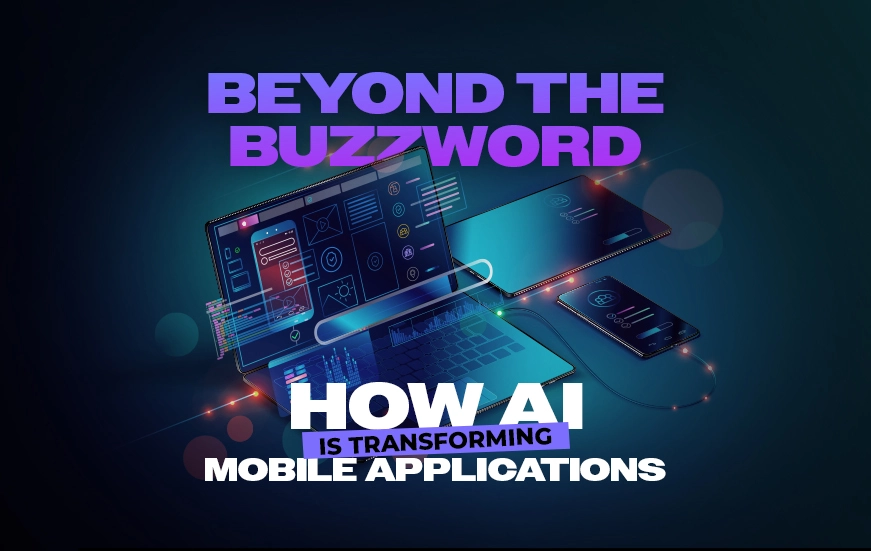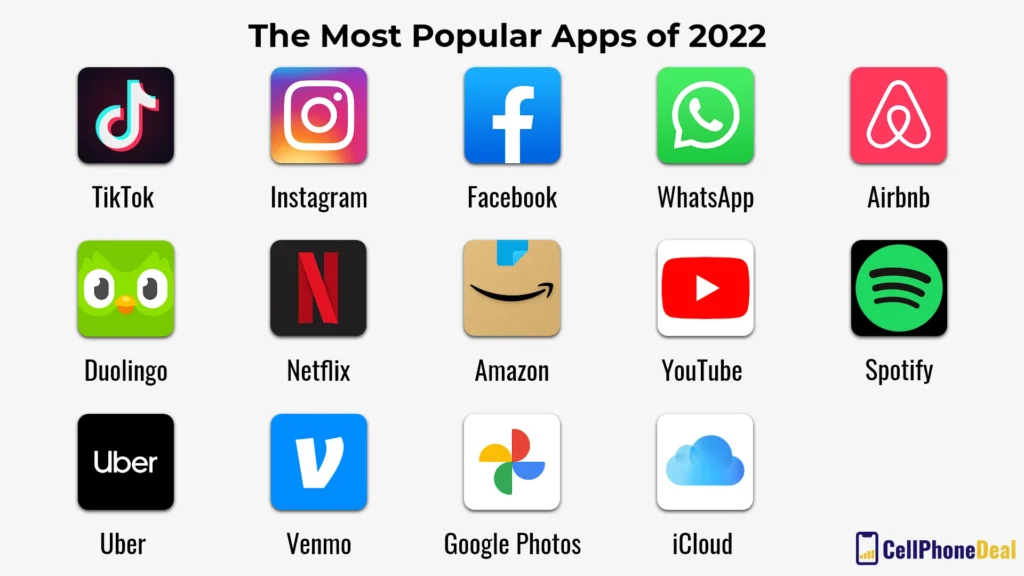In recent years, the integration of artificial intelligence (AI) into mobile applications has revolutionized the way users interact with technology. From personalized recommendations to advanced voice recognition, AI is transforming mobile applications into smarter, more intuitive tools that cater to individual user needs. This transformation not only enhances user experience but also drives innovation across various industries, making mobile apps more efficient and effective than ever before.
As we delve deeper into the topic of how AI is transforming mobile applications, you will discover the key technologies that are powering this change, such as machine learning, natural language processing, and computer vision. We will explore real-world examples of successful AI-driven mobile applications that have set new standards in user engagement and functionality. Additionally, we will discuss the challenges developers face when implementing AI and how they can overcome these hurdles to create seamless user experiences.
Furthermore, this article will highlight the future trends in AI for mobile applications, providing insights into what users can expect in the coming years. Whether you are a developer, a business owner, or simply an enthusiast of technology, understanding the impact of AI on mobile applications is crucial. Join us as we uncover the fascinating ways AI is reshaping the mobile landscape and learn how you can leverage these advancements to stay ahead in this rapidly evolving digital world.
Enhanced User Experience through Personalization
One of the most significant ways AI is transforming mobile applications is through enhanced user experience via personalization. By analyzing user behavior and preferences, AI algorithms can tailor content, recommendations, and features to individual users. This level of customization not only increases user satisfaction but also boosts engagement and retention rates.
For instance, streaming services like Netflix and Spotify utilize AI to analyze viewing and listening habits, providing personalized recommendations that keep users coming back. This personalization extends to various sectors, including e-commerce, where AI-driven product suggestions can lead to higher conversion rates. As a result, businesses are increasingly adopting AI technologies to create more engaging and user-centric mobile applications.
Intelligent Virtual Assistants and Chatbots
AI-powered virtual assistants and chatbots are revolutionizing customer service within mobile applications. These intelligent systems can handle a wide range of inquiries, providing instant responses and support to users. By leveraging natural language processing (NLP), chatbots can understand and respond to user queries in a conversational manner, making interactions seamless and efficient.
Moreover, the integration of chatbots in mobile apps allows businesses to operate 24/7, significantly reducing response times and improving customer satisfaction. As AI technology continues to evolve, these virtual assistants are becoming more sophisticated, capable of handling complex tasks and learning from user interactions to improve over time.
Predictive Analytics for Better Decision Making
Predictive analytics powered by AI is another transformative aspect of mobile applications. By analyzing historical data and identifying patterns, AI can forecast future trends and user behaviors. This capability enables businesses to make informed decisions regarding marketing strategies, product development, and user engagement.
For example, mobile applications in the retail sector can utilize predictive analytics to anticipate inventory needs based on user purchasing trends. This not only optimizes stock levels but also enhances the overall shopping experience for users. As more businesses recognize the value of data-driven decision-making, the demand for AI-integrated mobile applications is expected to grow.
Improved Security Features
As mobile applications become increasingly integral to our daily lives, security remains a top concern. AI is playing a crucial role in enhancing security features within these applications. By employing machine learning algorithms, mobile apps can detect unusual patterns and potential threats in real-time, providing a proactive approach to security.
For instance, AI can analyze login behaviors to identify fraudulent activities, alerting users and preventing unauthorized access. Additionally, biometric authentication methods, such as facial recognition and fingerprint scanning, are becoming more prevalent, offering users a secure and convenient way to access their applications. As cyber threats evolve, the integration of AI in mobile security will be essential for protecting user data and maintaining trust.
Streamlined Development Processes
AI is not only transforming the user experience but also streamlining the development processes of mobile applications. By automating various aspects of app development, such as coding, testing, and debugging, AI can significantly reduce the time and resources required to bring an application to market.
Tools powered by AI can analyze code for potential errors, suggest improvements, and even generate code snippets based on user requirements. This automation allows developers to focus on more complex tasks, ultimately leading to higher quality applications. As the demand for mobile apps continues to rise, leveraging AI in development will be crucial for staying competitive in the market.
| Aspect | Description |
|---|---|
| Personalization | AI algorithms analyze user behavior and preferences to deliver personalized content and recommendations, enhancing user experience. |
| Chatbots and Virtual Assistants | AI-powered chatbots provide instant customer support and assistance, improving user engagement and satisfaction. |
| Image and Voice Recognition | Mobile applications utilize AI for advanced image and voice recognition, enabling features like facial recognition and voice commands. |
| Predictive Analytics | AI analyzes data trends to predict user behavior, helping businesses make informed decisions and optimize app performance. |
| Enhanced Security | AI enhances mobile app security through biometric authentication and anomaly detection, protecting user data from breaches. |
| Automated Testing | AI tools automate the testing process, identifying bugs and improving the overall quality of mobile applications. |
| Augmented Reality (AR) | AI enhances AR experiences in mobile apps, providing users with interactive and immersive environments. |
| Health Monitoring | AI-driven health apps analyze user data to provide insights and recommendations for better health management. |



